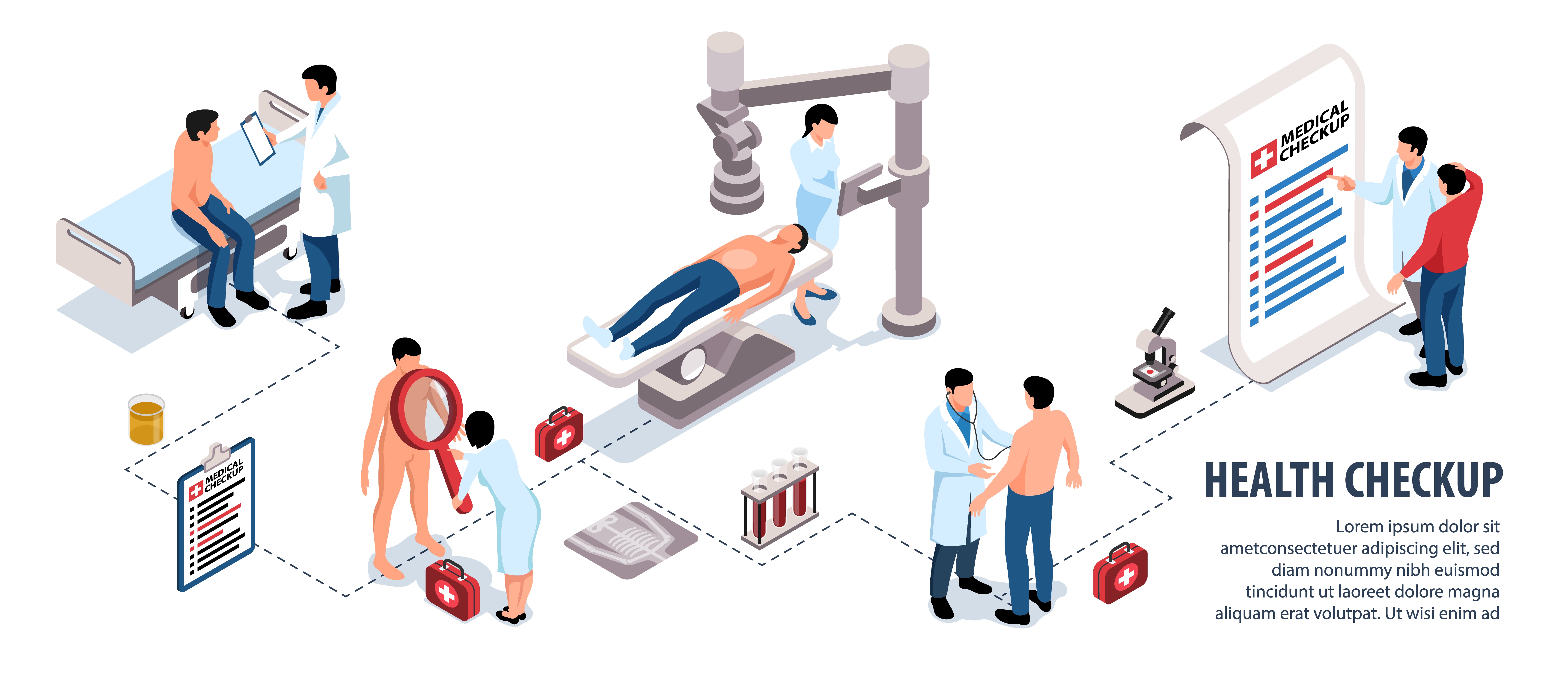
Treatment Options for Aortic Valve Stenosis: Medications and Procedures
Introduction: Managing Aortic Valve Stenosis: Treatment Options Simplified
When it comes to treating Aortic Valve Stenosis (AVS), there are various medications and procedures available to help manage the condition effectively. Let’s dive into the treatment options in simple terms.
1. Medications
While medications cannot reverse AVS, they can help alleviate symptoms and reduce the risk of complications. Common medications prescribed for AVS include:
- Diuretics: These help reduce fluid buildup in the body, relieving symptoms such as shortness of breath and swelling.
- Beta-blockers: These medications help slow the heart rate and reduce blood pressure, easing the workload on the heart.
- Blood Thinners: In some cases, blood thinners may be prescribed to reduce the risk of blood clots forming in the narrowed aortic valve.
2. Procedures
In severe cases of AVS, surgical or minimally invasive procedures may be necessary to repair or replace the damaged aortic valve. These procedures include:
- Balloon Valvuloplasty: During this minimally invasive procedure, a balloon-tipped catheter is inserted into the narrowed valve and inflated to widen it, improving blood flow.
- Transcatheter Aortic Valve Replacement (TAVR): TAVR is a less invasive alternative to traditional open-heart surgery for valve replacement. A new valve is inserted through a catheter and deployed within the narrowed aortic valve.
- Surgical Aortic Valve Replacement (SAVR): In cases where TAVR is not suitable, SAVR may be performed. This involves removing the damaged valve and replacing it with a mechanical or tissue valve.
Conclusion
With advancements in medical technology and treatment options, individuals with Aortic Valve Stenosis have more choices than ever before. By working closely with healthcare providers, patients can determine the most suitable treatment plan based on their individual needs and preferences.
To seek medical advice, always consult a Doctor. Here are our recommended experts. Click here
To read more on Heart Disease . Click Here


